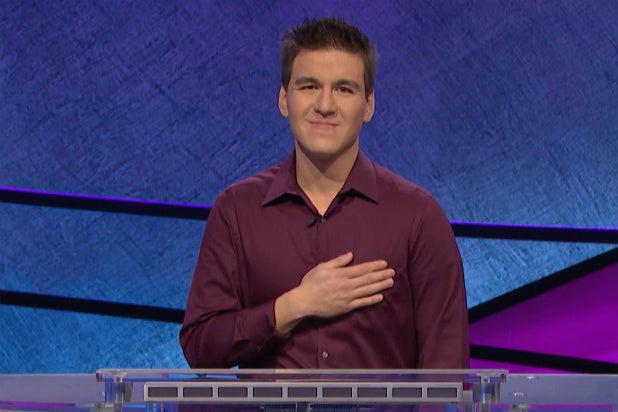DavidS
Anti-Tea Party Member
http://www.nytimes.com/2009/04/27/t...rss&adxnnlx=1240833781-EbTb7YDrIiP4GpljoDC87Q
YORKTOWN HEIGHTS, N.Y. This highly successful television quiz show is the latest challenge for artificial intelligence.
What is Jeopardy?
That is correct.
I.B.M. plans to announce Monday that it is in the final stages of completing a computer program to compete against human Jeopardy! contestants. If the program beats the humans, the field of artificial intelligence will have made a leap forward.
I.B.M. scientists previously devised a chess-playing program to run on a supercomputer called Deep Blue. That program beat the world champion Garry Kasparov in a controversial 1997 match (Mr. Kasparov called the match unfair and secured a draw in a later one against another version of the program).
But chess is a game of limits, with pieces that have clearly defined powers. Jeopardy! requires a program with the suppleness to weigh an almost infinite range of relationships and to make subtle comparisons and interpretations. The software must interact with humans on their own terms, and fast.
Indeed, the creators of the system which the company refers to as Watson, after the I.B.M. founder, Thomas J. Watson Sr. said they were not yet confident their system would be able to compete successfully on the show, on which human champions typically provide correct responses 85 percent of the time.
The big goal is to get computers to be able to converse in human terms, said the team leader, David A. Ferrucci, an I.B.M. artificial intelligence researcher. And were not there yet.
The team is aiming not at a true thinking machine but at a new class of software that can understand human questions and respond to them correctly. Such a program would have enormous economic implications.
Despite more than four decades of experimentation in artificial intelligence, scientists have made only modest progress until now toward building machines that can understand language and interact with humans.
YORKTOWN HEIGHTS, N.Y. This highly successful television quiz show is the latest challenge for artificial intelligence.
What is Jeopardy?
That is correct.
I.B.M. plans to announce Monday that it is in the final stages of completing a computer program to compete against human Jeopardy! contestants. If the program beats the humans, the field of artificial intelligence will have made a leap forward.
I.B.M. scientists previously devised a chess-playing program to run on a supercomputer called Deep Blue. That program beat the world champion Garry Kasparov in a controversial 1997 match (Mr. Kasparov called the match unfair and secured a draw in a later one against another version of the program).
But chess is a game of limits, with pieces that have clearly defined powers. Jeopardy! requires a program with the suppleness to weigh an almost infinite range of relationships and to make subtle comparisons and interpretations. The software must interact with humans on their own terms, and fast.
Indeed, the creators of the system which the company refers to as Watson, after the I.B.M. founder, Thomas J. Watson Sr. said they were not yet confident their system would be able to compete successfully on the show, on which human champions typically provide correct responses 85 percent of the time.
The big goal is to get computers to be able to converse in human terms, said the team leader, David A. Ferrucci, an I.B.M. artificial intelligence researcher. And were not there yet.
The team is aiming not at a true thinking machine but at a new class of software that can understand human questions and respond to them correctly. Such a program would have enormous economic implications.
Despite more than four decades of experimentation in artificial intelligence, scientists have made only modest progress until now toward building machines that can understand language and interact with humans.
